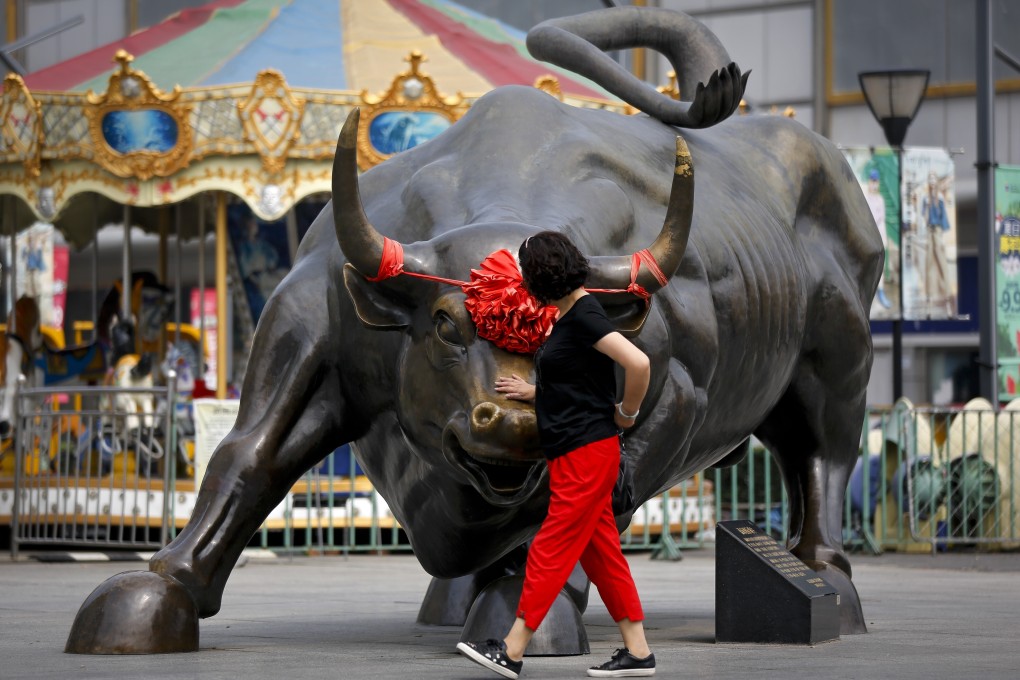Hang Seng Index retreats after attempt to erase stock losses triggered by Covid-19, Wuhan lockdown
- Hang Seng Index retreated in late pullback despite record inflows from mainland China funds via Stock Connect programme
- Shanghai Composite Index has chalked up almost 4 per cent gain in the new year for its best start since 2008

The Hang Seng Index climbed as much as 0.5 per cent to 28,414.5, before retreating on Wednesday. A close above 28,341.04 level would have erased all the losses since January 22, a day before China erected barriers around Wuhan, the capital of Hubei province and the epicentre of Covid-19 outbreak, to fight the outbreak.
The gauge slipped 0.2 per cent to 28,235.60 at the close, trimming the advance this year to 3.7 per cent. That still puts the market on its best start to a year since an almost 5 per cent rally over the same period in 2018, according Bloomberg data.
“The global economy faces numerous economic headwinds due to the omnipresent Covid-19 and its new mutations,” said Stephen Innes, a strategist at Axicorp.
The Hang Seng Index has risen by about 30 per cent from the post-Covid depth of 21,696 in late March 2020. Still, local stocks are a laggard among the world’s major markets amid the city’s struggle with the viral outbreak and domestic political unrest. Members in the Hang Seng Index trade at 12.7 times estimated earnings, compared with 23.1 for the S&P 500 Index and 14 for the Shanghai Composite Index.